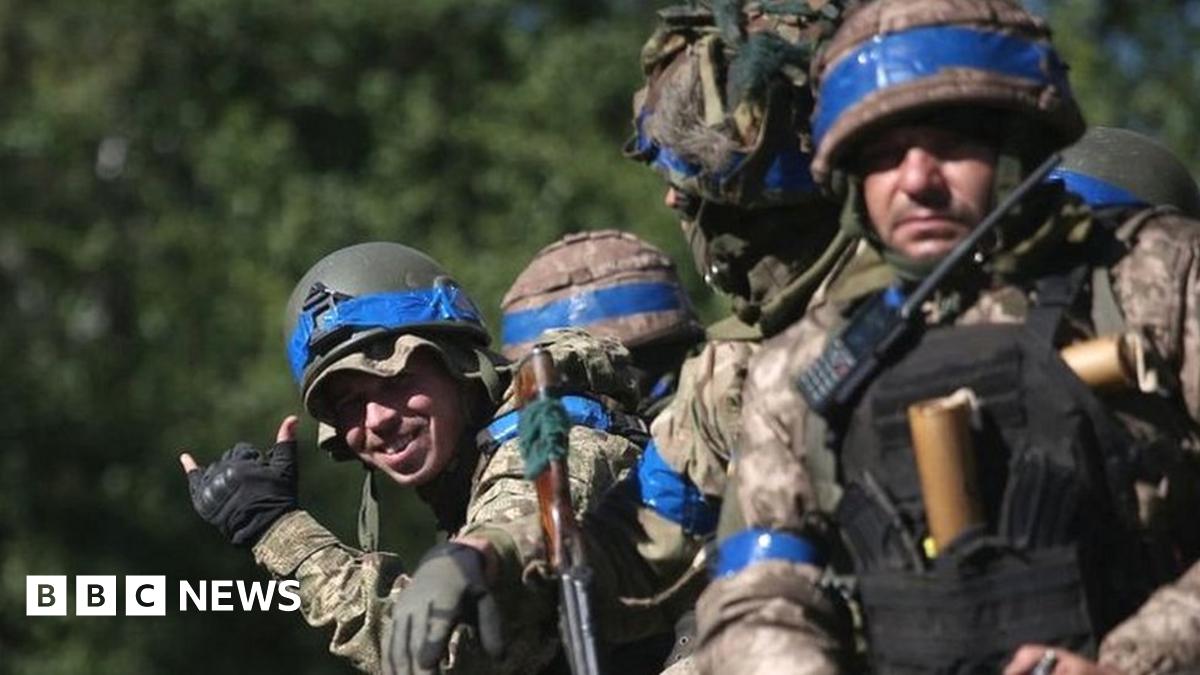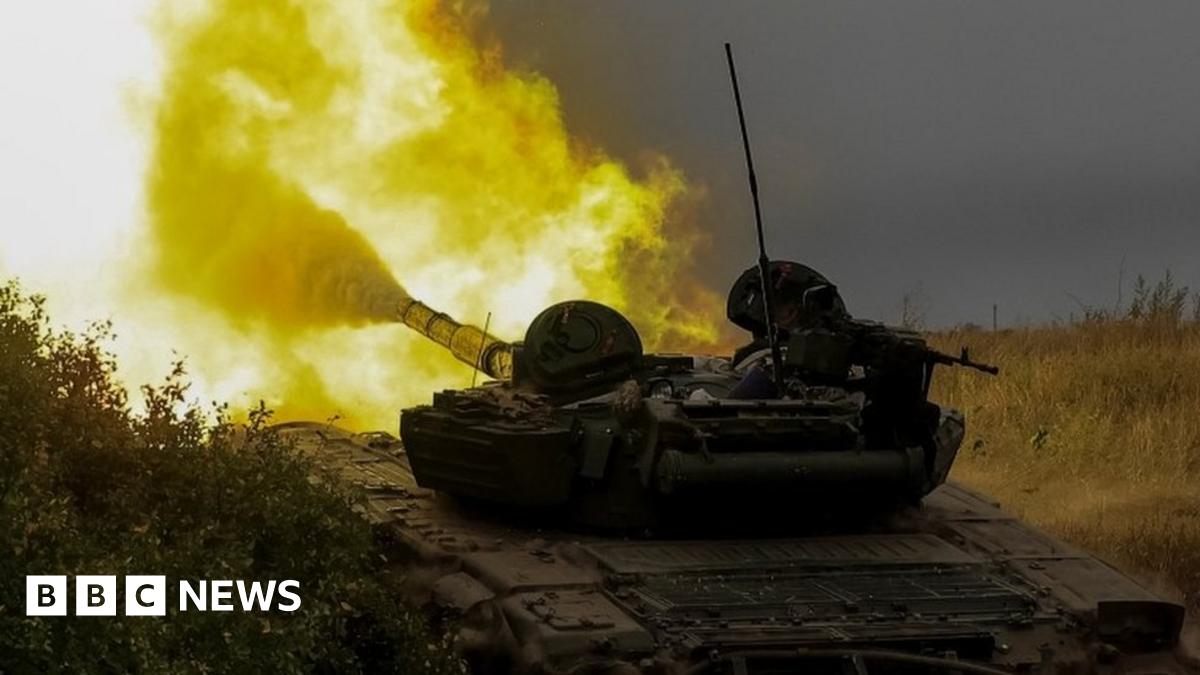Although I'm truely sickened it might be time for restraint. As explanation to my reasoning I offer the event linked below.
On 15 April 1945, Major John Tonkin led a squadron of SAS soldiers through the gates of Bergen-Belsen – the first Allied troops to enter the notorious Nazi concentration camp. What he saw there haunted him for life, a hellish vision of man’s inhumanity to man.
“There is no way of describing the horror of that camp. It was totally unbelievable,” said Tonkin, in a tape recording made nearly 40 years later that will be broadcast for the first time in my BBC series about the wartime SAS.
The SAS troop was confronted by what he called “30,000 walking skeletons”. The bodies of prisoners lay scattered around the compound and piled into mass graves. The stench of death hung in the air. But the SS guards, either unconcerned or unaware that the SAS was now inside the camp, continued Nazi business as usual. “They were, just for fun, taking pot shots at the prisoners and nobody was paying any attention. I have never been so angry in my life.”
Tonkin had already experienced the darkest side of war: he had been captured, escaped and narrowly cheated death behind the lines in France when 31 men under his command were caught and executed without trial. He had killed often in battle, without remorse. He was still only 25 years old. It would have been understandable if Tonkin, in his fury, had unleashed the SAS to massacre every SS guard in Belsen.
But he did not. Instead of exacting bloody revenge, Tonkin chose another path. “I got hold of all these SS officers. We lined them up and I said: ‘Unless that shooting stops immediately, you are all going to die very horribly.’ They went out immediately and the shooting stopped.”
Tonkin saved the lives of many inmates that day; but he also spared their SS tormenters from summary reprisal. It was a rare moment of clemency in the midst of a brutal war, but also symbolic of the wartime SAS itself: highly trained, unconventional, ruthless when necessary, but also highly intelligent, adaptable to circumstance, capable of sensitivity and humanity as well as extreme violence.
Major John Tonkin recorded his experiences on tape in the hope we would learn and this would never ever happen again. Sadly it looks like his voice cannot be heard in Russia
Ahead of his BBC documentary, historian and presenter Ben Macintyre reveals new truths about the original commandos
www.radiotimes.com
Associated documentary. Major Tonkin telling the horrors can heard approx 50 mins in.







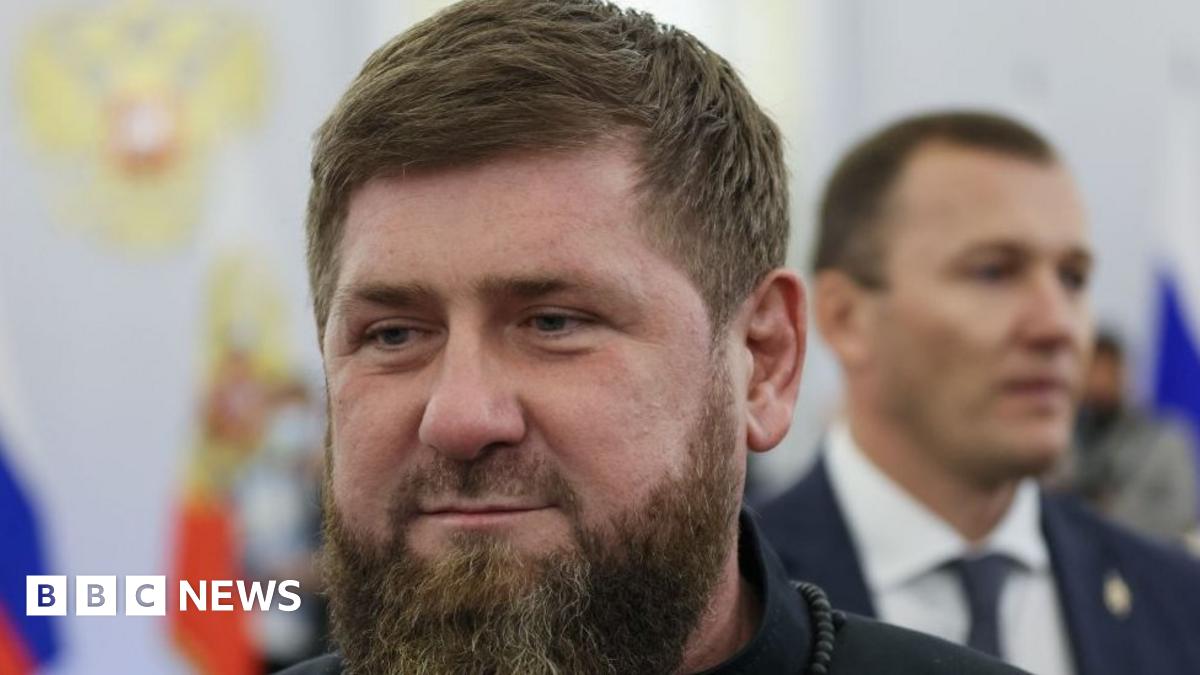
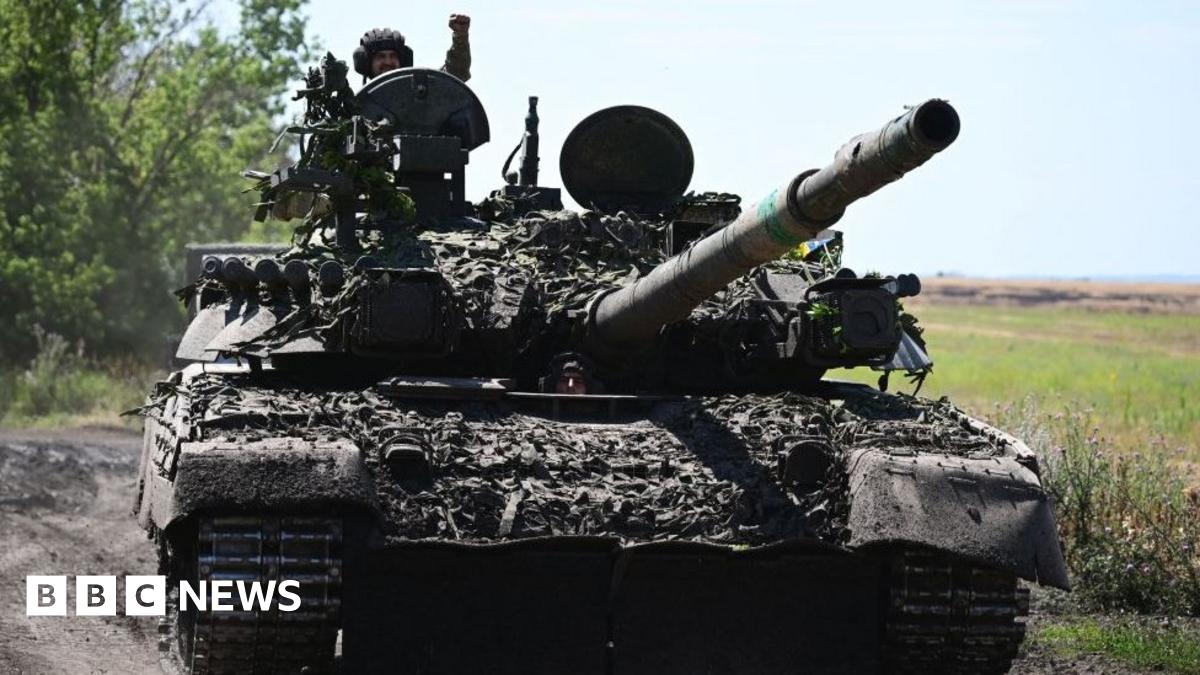
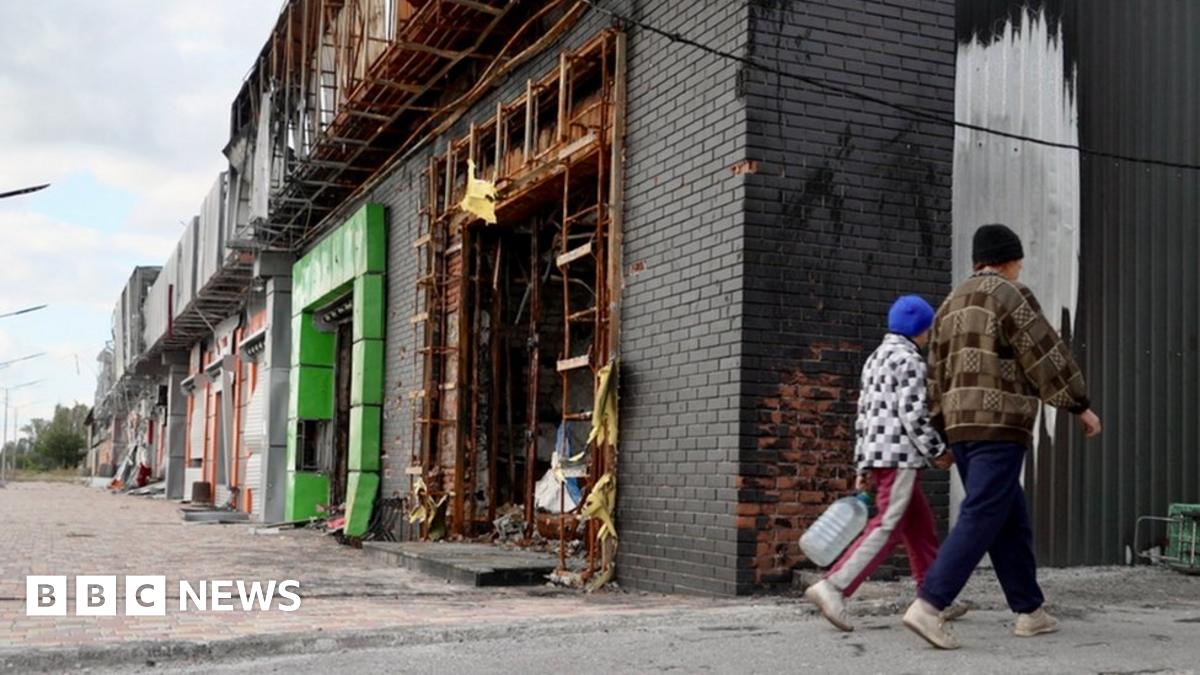

www.bbc.co.uk
